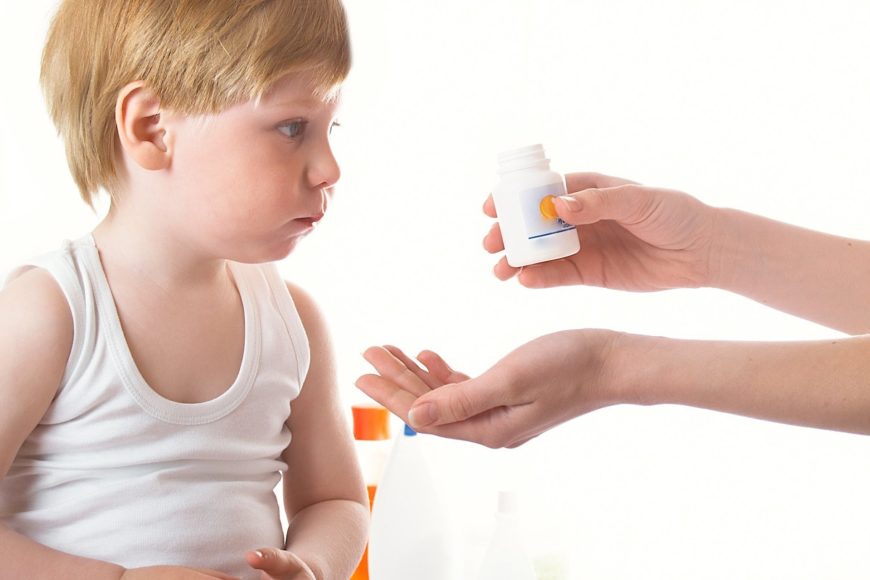Currently Empty: $0.00

Adderall XR (extended-release) is a commonly prescribed medication for children diagnosed with Attention Deficit Hyperactivity Disorder (ADHD). Composed of dextroamphetamine and amphetamine, this medication helps improve focus, impulse control, and reduces hyperactivity. However, determining the appropriate dosage for children is crucial, as it varies based on several individual factors. This article delves into key considerations regarding Adderall XR dosage for children and what parents need to know.
1. Starting Dosage
For children aged 6 and older who are prescribed Adderall XR, the initial dosage typically starts at a low effective amount. The recommended starting dose is often 5 mg once daily in the morning. This oral dosage is designed to last throughout the day, effectively managing symptoms during school hours and into the evening.
| Age Group | Recommended Starting Dose |
|---|---|
| 6 to 12 years | 5 mg once daily |
2. Titration: Adjusting the Dosage
Once treatment begins, healthcare providers will often titrate (adjust) the dosage based on the child’s response. Increments of 5 mg may be added weekly if needed. The goal is to find the lowest effective dose that minimizes side effects while providing adequate symptom relief.
Common Dosage Increments
| Increment | Dosage Range | Typical Use |
|---|---|---|
| 1 | 5 mg | Starting dose for children |
| 2 | 10 mg | May suffice for some children |
| 3 | 15 mg | For moderate symptoms |
| 4 | 20 mg | For significant symptoms |
| 5 | 30 mg | Maximum dosage for ages 6 to 12 |
3. Maximum Dosage
The maximum recommended dosage for children aged 6 to 12 years is 30 mg per day. Regular monitoring is essential, as exceeding this dosage can increase the risk of side effects such as anxiety, loss of appetite, and sleep disturbances.
| Age Group | Maximum Recommended Dosage |
|---|---|
| 6 to 12 years | 30 mg per day |
4. Factors Influencing Dosage
Several factors can influence the appropriate dosage of Adderall XR for children:
- Age: Dosage needs may change as the child grows older; a dose effective at age 6 might need adjustment later.
- Weight: Heavier children may require slightly higher doses, but weight alone does not determine dosage.
- Response to Medication: Individual responses vary; some children may require lower doses for effective symptom control.
- Side Effects: Severe side effects, such as insomnia or mood swings, may necessitate a dosage reduction or reevaluation.
5. Monitoring and Follow-up
Regular follow-ups with a healthcare provider are vital when a child is on Adderall XR. During these visits, doctors will:
| Monitoring Focus | Purpose |
|---|---|
| Assess symptom control | Determine if medication is effective |
| Monitor side effects | Identify any adverse reactions |
| Adjust dosage | Fine-tune based on child’s response |
Parents should closely observe their child’s behavior and physical well-being, noting changes in appetite, sleep patterns, or emotional state.
6. Adderall XR and the School Day
The extended-release formulation of Adderall XR is often preferred for children, as it provides consistent symptom control throughout the school day. A single morning dose helps children focus in class, complete homework, and interact positively with peers, reducing the need for multiple doses during the day.
7. Potential Side Effects of Adderall XR in Children
While Adderall XR is effective for managing ADHD symptoms, it can also cause side effects. Common side effects include:
| Side Effect | Description |
|---|---|
| Appetite Suppression | Some children may experience weight loss. |
| Sleep Difficulties | Insomnia or trouble falling asleep can occur. |
| Mood Swings | Emotional changes may be noticeable. |
| Stomach Pain/Headaches | Often temporary and may improve with time. |
If side effects are severe or persistent, parents should consult their child’s doctor, as dosage adjustments or alternative medications may be necessary.
Conclusion
Adderall XR is an effective treatment for ADHD in children, but determining the right dosage requires careful consideration and ongoing monitoring. Starting with a low dose and gradually adjusting based on the child’s response helps ensure maximum benefit with minimal side effects. Open communication among parents, children, and healthcare providers is crucial for effectively managing ADHD symptoms. Always consult a healthcare professional before making any changes to your child’s medication regimen, and keep a close eye on potential side effects that may need addressing


